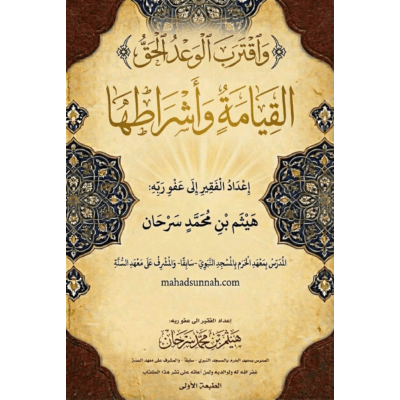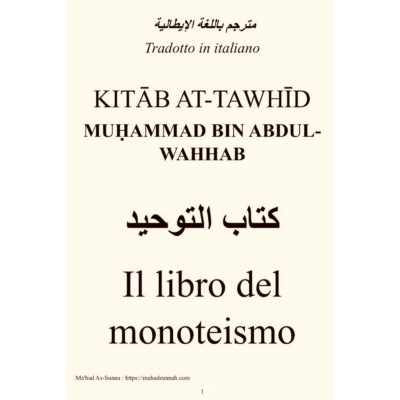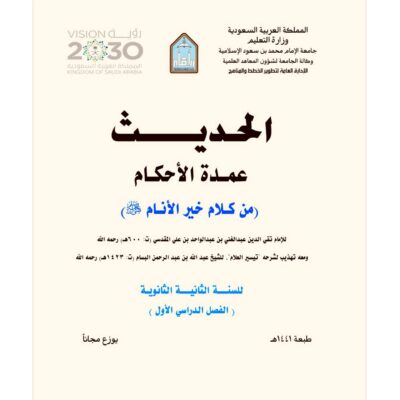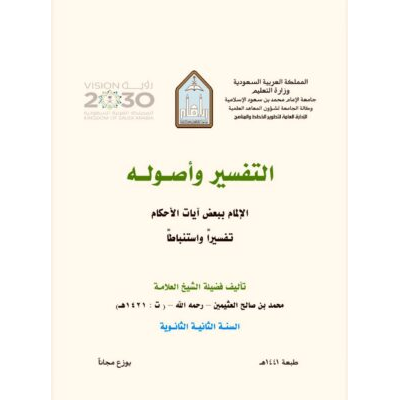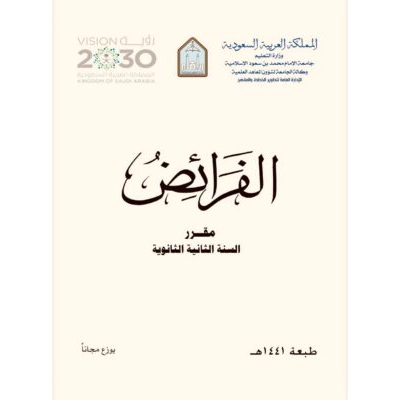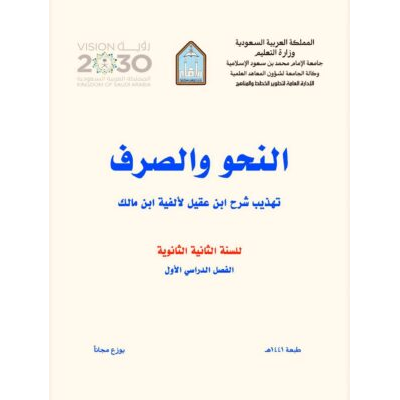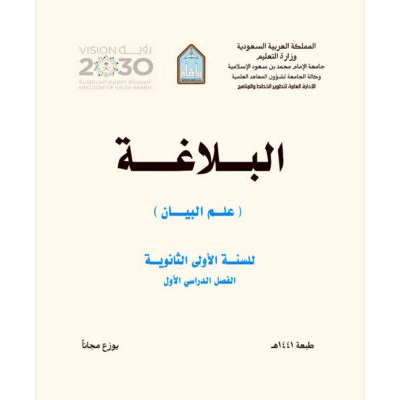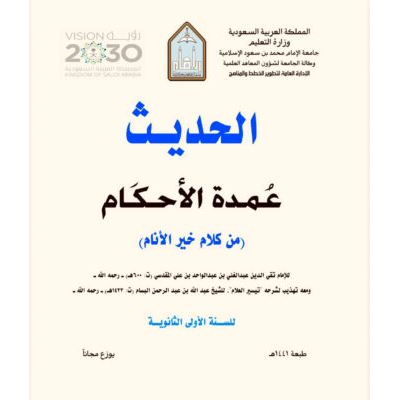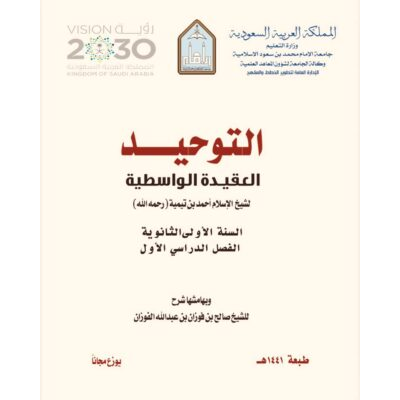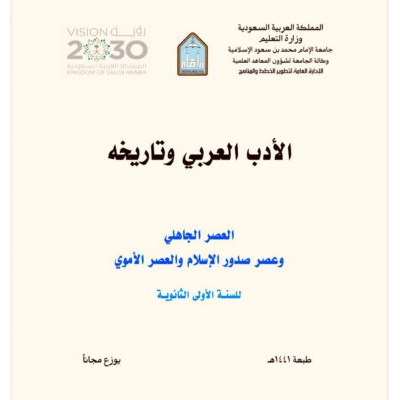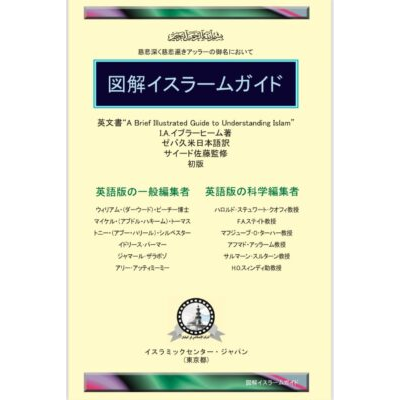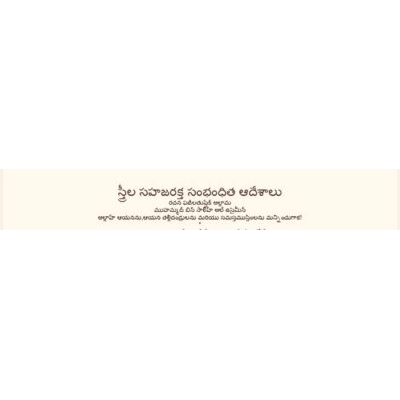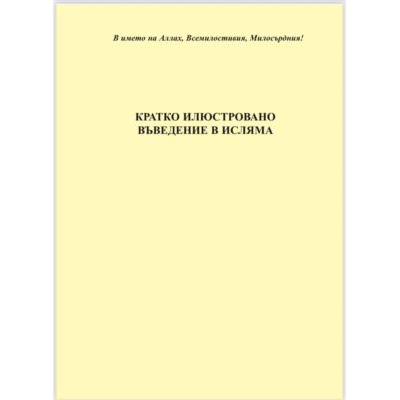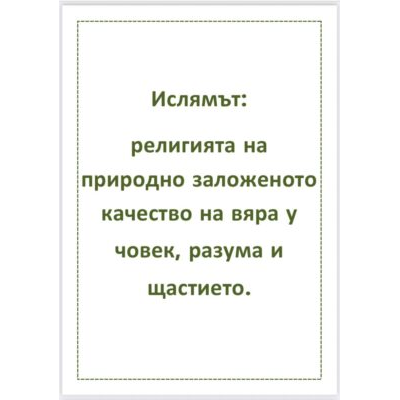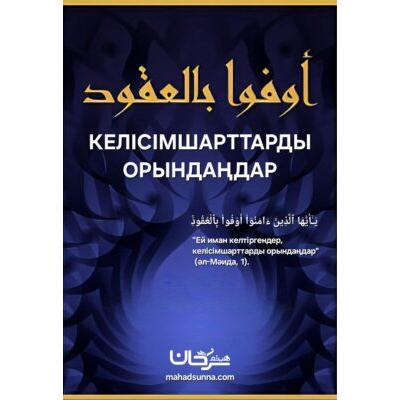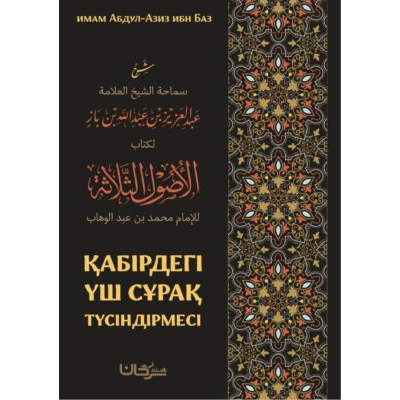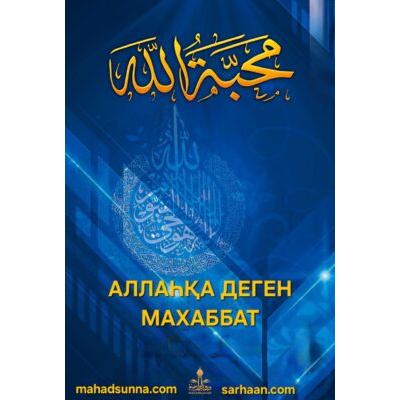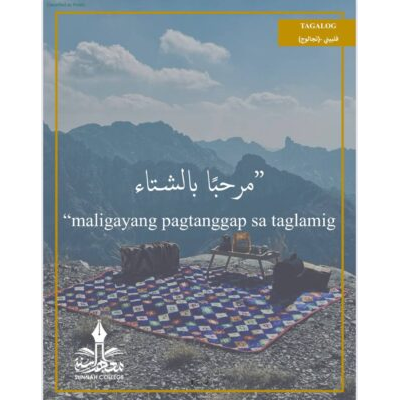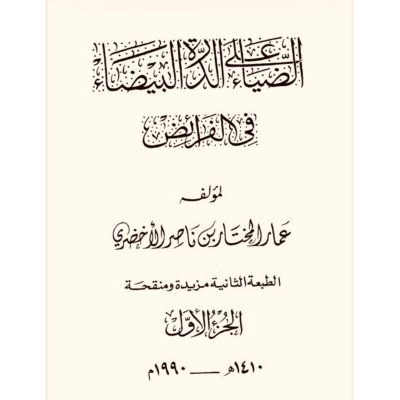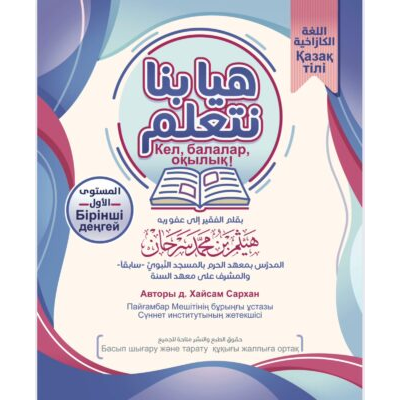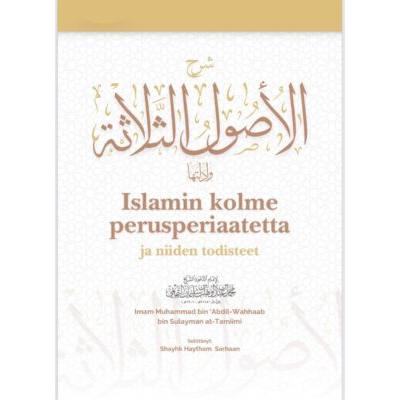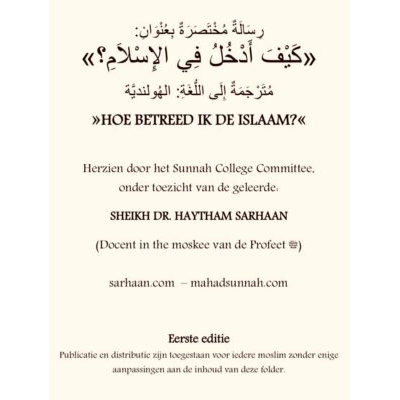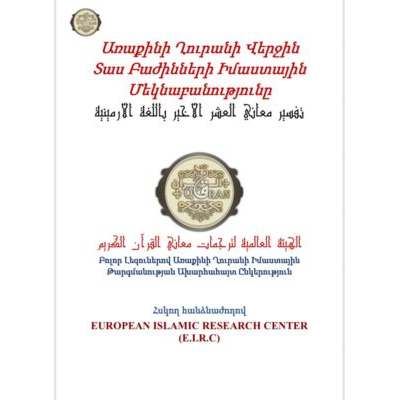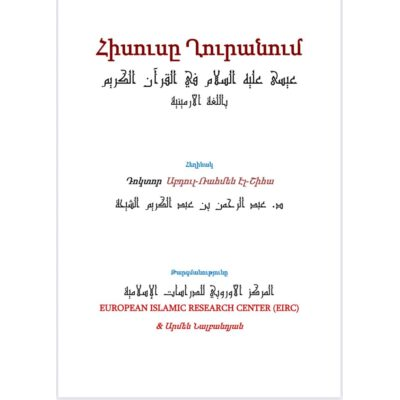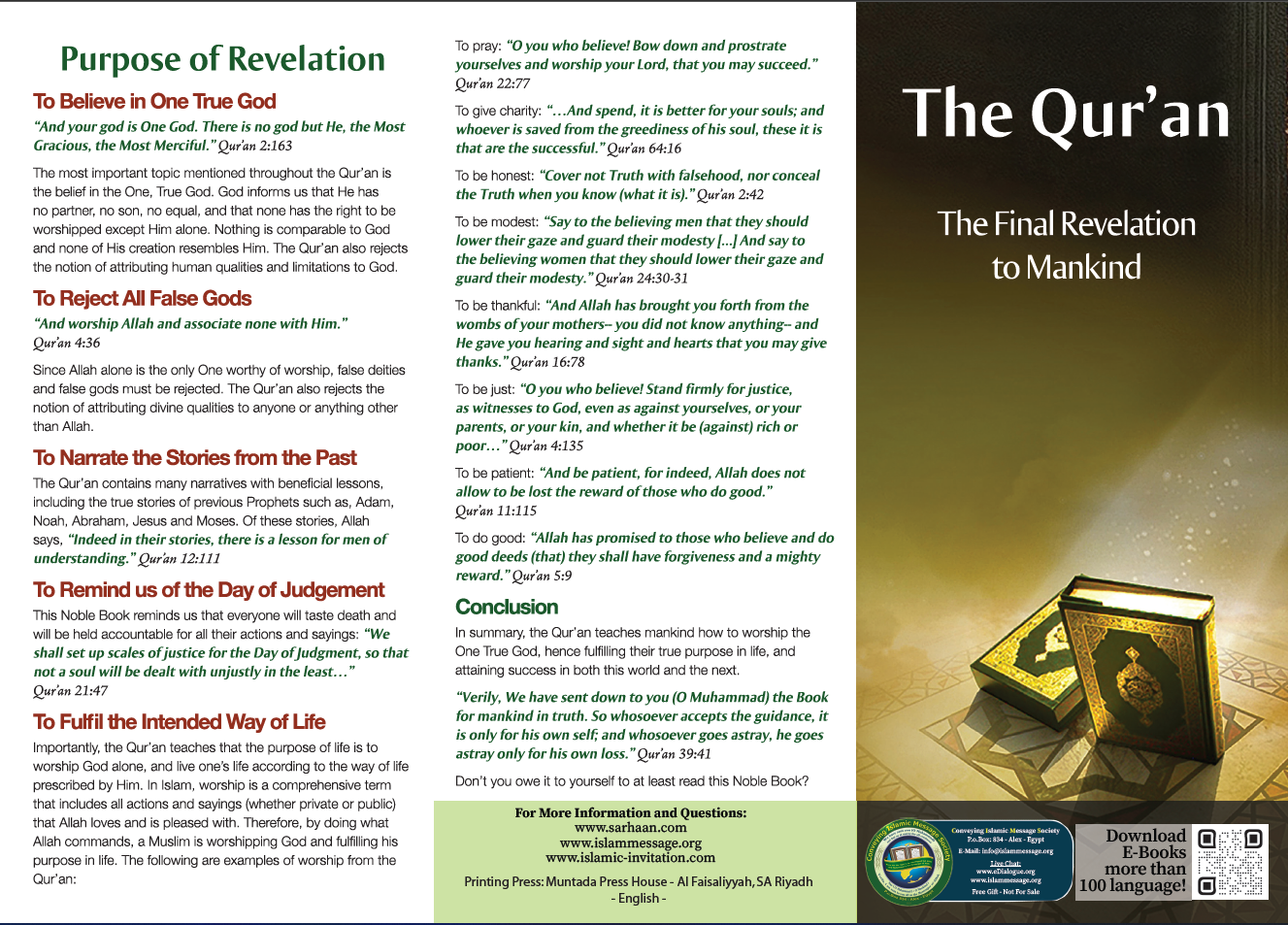
Quran
Quran The Quran,[c] also romanized Qur'an or Koran,[d] is the central religious text of Islam, believed by Muslims to be a revelation directly from God (Allāh). It is organized in 114 chapters (surah, pl. suwer) which consist of individual verses (āyah). Besides its religious significance, it is widely regarded as the finest work in Arabic literature,[11][12][13] and has significantly influenced the Arabic language. It is the object of a modern field of academic research known...
Quran
Quran
The Quran,[c] also romanized Qur'an or Koran,[d] is the central religious text of Islam, believed by Muslims to be a revelation directly from God (Allāh). It is organized in 114 chapters (surah, pl. suwer) which consist of individual verses (āyah). Besides its religious significance, it is widely regarded as the finest work in Arabic literature,[11][12][13] and has significantly influenced the Arabic language. It is the object of a modern field of academic research known as Quranic studies.
Muslims believe the Quran was orally revealed by God to the final Islamic prophet Muhammad through the angel Gabriel incrementally over a period of some 23 years, beginning on the Laylat al-Qadr, when Muhammad was 40, and concluding in 632, the year of his death. Muslims regard the Quran as Muhammad's most important miracle, a proof of his prophethood, and the culmination of a series of divine messages starting with those revealed to the first Islamic prophet Adam, including the holy books of the Torah, Psalms, and Gospel in Islam.
The Quran is believed by Muslims to be God's own divine speech providing a complete code of conduct across all facets of life. This has led Muslim theologians to fiercely debate whether the Quran was "created or uncreated." According to tradition, several of Muhammad's companions served as scribes, recording the revelations. Shortly after Muhammad's death, the Quran was compiled on the order of the first caliph Abu Bakr (r. 632–634) by the companions, who had written down or memorized parts of it. Caliph Uthman (r. 644–656) established a standard version, now known as the Uthmanic codex, which is generally considered the archetype of the Quran known today. There are, however, variant readings, with some differences in meaning.
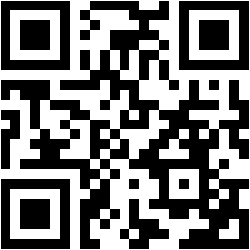
Quran
Scan QR Code | Use a QR Code Scanner to fast download directly to your mobile device
